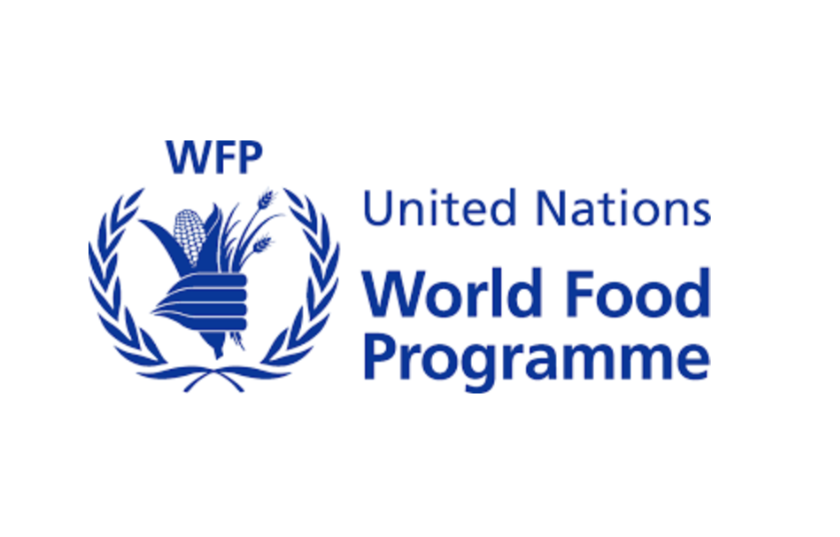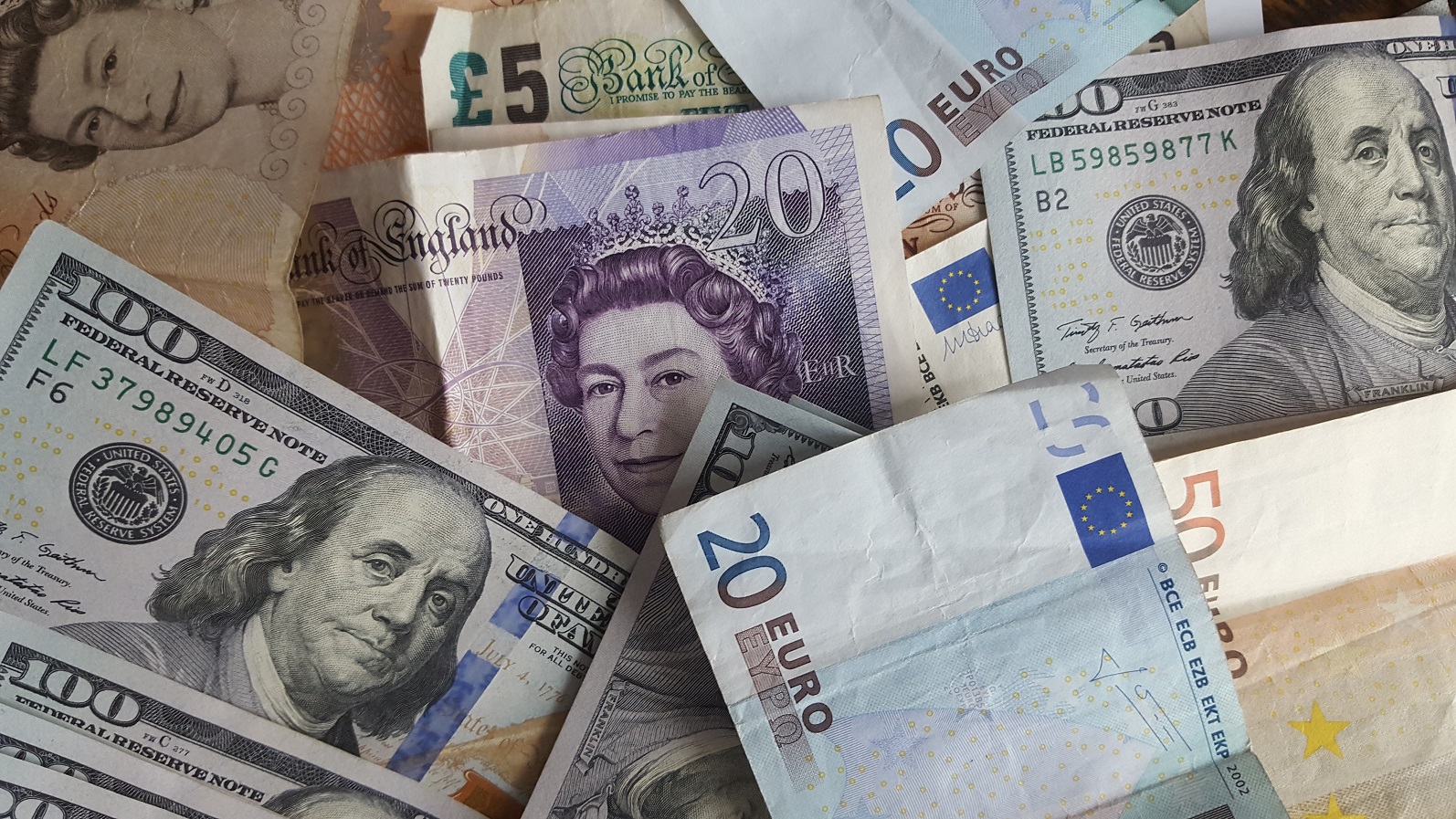A World Food Programme (WFP) report dated 17 March (WFP Libya Market Monitoring Report February 2024) said that in February 2024, the cost of food as measured by the Minimum Food Expenditure Basket was LD 792.13 – or 3 percent higher than in January.
This seems to contradict claims by the Tripoli based Libyan prime minister, Abd Alhamid Aldabaiba, that prices are not rising. Aldabaiba is embroiled in a political struggle with Saddek El-Kaber, the Governor of the Central Bank of Libya, and Ageela Saleh, the Speaker of parliament (the House of Representatives – HoR).
The political tussle was sparked by a sharp loss of value of the Libyan dinar in the black-market. El-Kaber and Saleh are attempting to force a 27 percent foreign currency sales levy to defend the falling dinar. Aldabaiba is rejecting the move. A fall in the exchange rate of the LD leads to rising cost of imports.
The United Nations’s WFP report said food commodities that increased in cost between January and February were eggs (6 percent increase), beans (9 percent increase), couscous (4 percent increase), and tomatoes (17 percent increase).
It added that the South region recorded the highest cost of the food basket at LD 866.00 (9 percent higher than the national average), followed by the East which was at LYD 804.36 (2 percent higher than the national average).
The cost of the Full Minimum Expenditure Basket (food and non-food items) reached LD 913.28 in February 2024 – 6 percent higher than the previous month.
The report said that during the monitoring period, there was a shortage in cooking fuel in Ajdabiya, Derna and Sirte.
WFP said its price analysis in the East shows that the cost of the food basket in Derna increased from 729.38 LD in January to LD 779.0 in February (7 percent increase) and has increased in Albayda from 796.30 LYD in January to LYD 827.06 in February (4 percent increase).
Currently, Libyan household’s emergency cash value receive USD 21 for food assistance per person and USD 105 per a household of 5 for food needs per month (LD 515). In February 2024, the food portion of the WFP transfer value covered 65 percent of the national Minimum Food Expenditure Basket.









